Post
A catch
Save a catch to start your fishing logbook. You will be able to to share it with the community if yo want!
A fishing trip
Post an ad to go fishing with other fishermen
Save a catch to start your fishing logbook. You will be able to to share it with the community if yo want!
Post an ad to go fishing with other fishermen
Share a thought, a question with the community
My favorite cities
×Join our 607 fishermen and our 2 cofishermen in Yarmouth in Isle of Wight. The fishing forecast is currently 4.6. The most caught fishes here are the john dory fish, the thornback ray, the gurnard fish and the monkfish. Come try the most famous fishing techniques like the tips on material for support fishing for sea bream, fishing techniques for sea bream, the bichi-bachi or lead techniques for soft lures to fish bass.
Our fishing forecast of Yarmouth indicates the best time to go fishing in this city.
The John Dory Fish
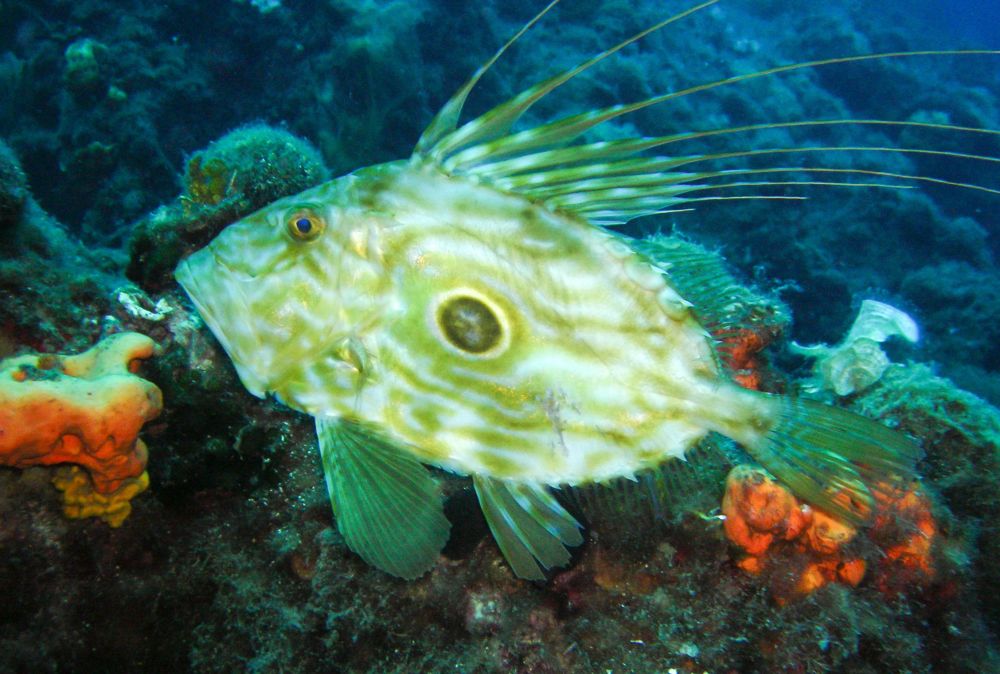
The John Dory fish belongs to the Zeidae family. It measures 30 to 50 cm on average and can reach a maximum weight of 8 kg. It can live up to 12 years. This fish is caught all year round but more easily from April to July. This fish has a high body and very strongly compressed laterally. Its head and the base of its fins carry thorns and bone ridges. The filaments carried by the dorsal fin are very long in juveniles and gradually regress until the animal reaches its adult size. Its eyes are high and his protractile mouth is widely split. An arched lateral line can be seen above the pectoral fins. Its color varies from grey-green with silvery to golden yellow reflections, often marked by longitudinal mottling. A large black eye patch surrounded by grey adorns the middle of each flank.
The John Dory Fish is a famous fish you can catch in Yarmouth.The Thornback Ray
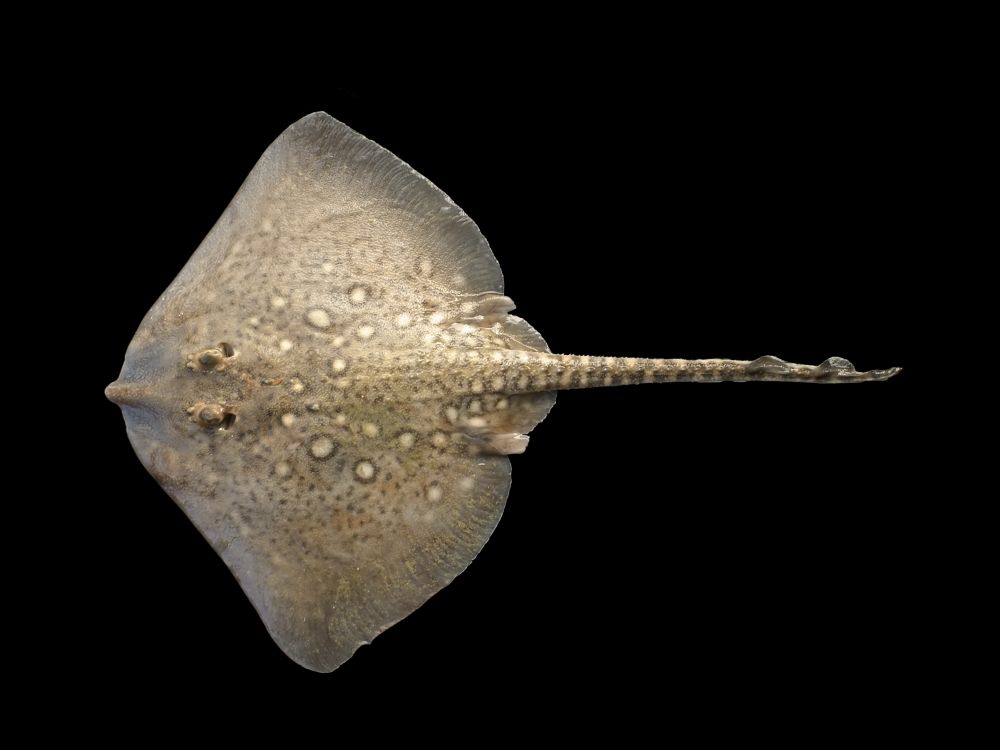
The Thornback Ray belongs to the Rajidae family. The size of this line can reach 1.20 m long for females, 70 cm for males, and 60 cm wide. Its lifespan is estimated at about fifteen years. It reproduces in the spring. The female lays between 70 and 140 young each year. It can be fished all year round. The looped line has the flattened shape of a narrow, diamond-shaped disc, sometimes wavy at the back. The pectoral fins are large, triangular in shape. They are welded to the head and to the whole body. The tail is long and thin, with a triangular pelvic fin on either side. The snout and rostrum are short and pointed. The eyes are close together, in front of the spiracles. The color of its back is greyish or light brown, sometimes solid, but usually marked by dark spots assembled or in sinuous lines. This drawing is completed with large yellowish, irregular spots. These are then surrounded by black in young people. An adult individual may also be adorned with grey-bordered eye-spots. The belly is whitish, underlined with grey on the periphery. The mouth and 2 series of 5 gill slits are located on the ventral side. The upper jaw is armed with powerful teeth, pointed in males and flattened in females. Finally, the tail is adorned with a series of dark or light, uneven rings. The skin is rough. In adults, the dorsal surface of the disc includes a few large curls (curved horny spines with an oval base) arranged irregularly. The young have a very pronounced median line, up to the t
The Thornback Ray is a famous fish you can catch in Yarmouth.The Gurnard Fish
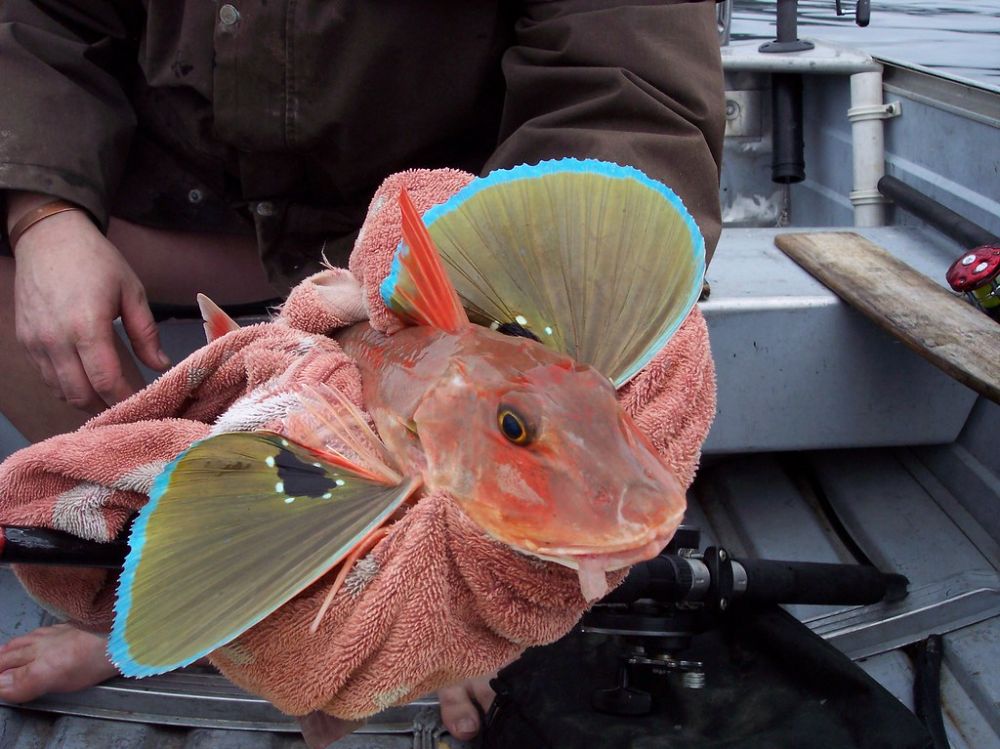
The Gurnard Fish belongs to the Triglidae family. their sizes vary from 250g to 1 kg. The maximum size recorded is 6 kg. The maximum age that was reached and measured in this fish was 15 years. It is fished in August in April. The gurnard can be identified by the way he moves on the bottom using the first 3 rays of his pectoral fins transformed into locomotor appendages allowing him to "walk" on the seabed. The longest rays of the pectoral fin reach the beginning of the anal fin. This fin, when the individual begins to swim, shows its underside decorated with a bright blue border. It may also have a fairly central black area with blue spots. The bluish coloration of the pectoral fades with age. This fish has two distinct ridges, the first of which is quite short. With a maximum height of 75 cm, but usually not exceeding fifty centimeters, it is the largest representative of the family. Its maximum referenced weight is 6 kg. As with other gurnards, the head is massive and armored. It has a snout extending far forward and ending in a curvature or a slight indentation. The spines on the lids and pre-lids are quite short. The general color varies from grey to reddish to brown with varying degrees of dark spots. Her belly is white. Small scales give it a very smooth looking integument. The lateral line, which is similar in color to that of the body, shows only a slight relief.
The Gurnard Fish is a famous fish you can catch in Yarmouth.The Monkfish
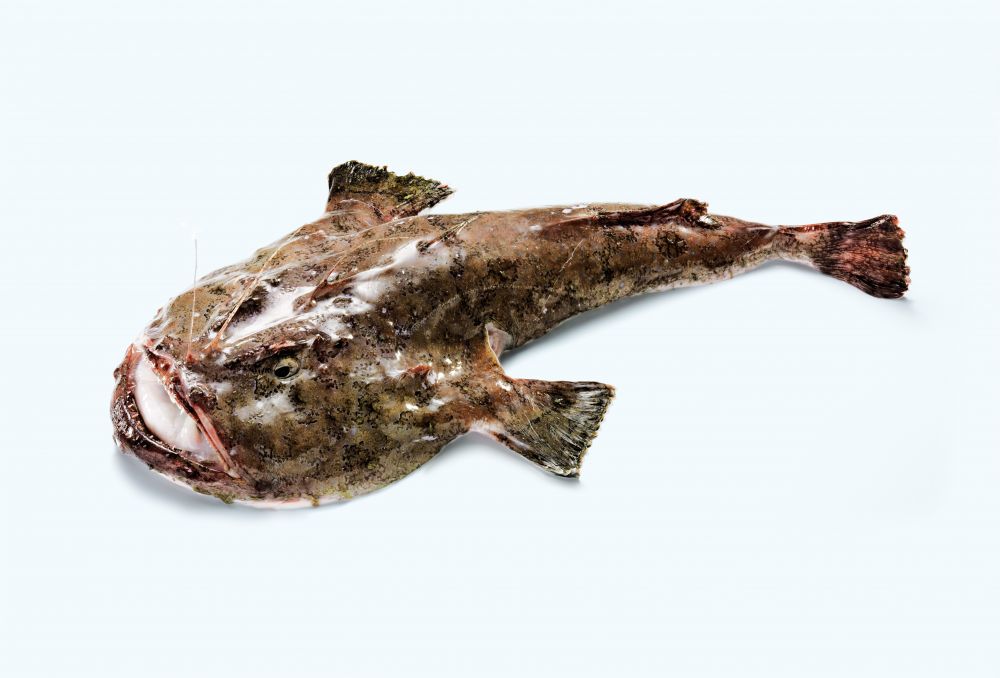
The Monkfish belongs to the Lophiidae Family. The height, in adults, is between 70 and 200 cm. The weight of large individuals is around 40 kg, with a maximum of 58 kg recorded. The longevity is about twenty years. It breeds in winter. The female can lay millions of eggs at once. It is fished in abundance from December to March. With its enormous head (it constitutes 60% of the animal's weight), its widely split mouth and highly developed pectoral fins, anglerfish cannot be confused with any other fish. The body has a round section at the level of the tail, flattened towards the head. The first three rays of the dorsal fin are placed very far forward; the first, located in front of the eyes, carries a flap of bifid skin that the animal uses as bait. The skin is smooth, flake-free and slightly viscous. A row of branched appendages, more developed around the head, borders the median part of the body. The gill holes in the highest position are protected by two bony caps inserted under the skin. The teeth are strong, pointed and curved backwards. The general color is a light brown marbled with darker areas, which may vary according to the environment. Despite their large size, anglerfish are quite good at camouflage.
The Monkfish is a famous fish you can catch in Yarmouth.The Turbot Fish
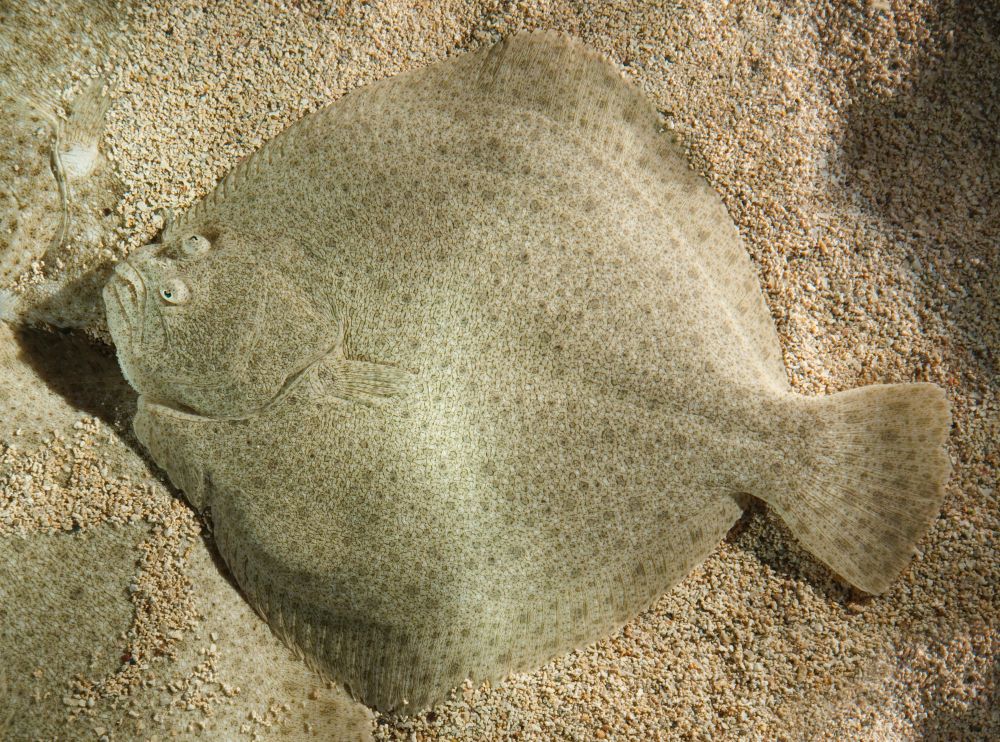
The turbot fish belongs to the Scophthalmidae family. When mature, the average size of the turbot is 30 to 60 cm. In general, males are smaller (35 cm) than females (42 cm). Some individuals can reach a maximum height of 1 m. An adult turbot weighs an average of 6 kg. Exceptionally, some specimens can weigh up to 25 kg. This fish has a long lifespan, the male can live up to 20 years while the female, up to 25 years The breeding period is between February and April. The female can lay up to 3 million eggs. Turbot is caught from January to May. The Turbot is a flatfish, left-handed or senestral, i.e. it rests on its right side (bottom side, blind) and has its left side facing upwards (top side). The origin of the dorsal fin is in front of the eye and its first rays are unbranched. The upper surface is covered with scattered bone tubers (transformed scales). This feature gives it its common name of studded. The eyes are relatively far apart (the distance between them is greater than the diameter of one eye). The lateral line is very curved at the pectoral fin. Like most flatfish, the livery is of variable color, in homochrome with the bottom. It can have many round white to black spots.
The Turbot Fish is a famous fish you can catch in Yarmouth.Our fishing forecast of Yarmouth indicates the best time to go fishing in this city.
Our fishing forecast of Yarmouth indicates the best time to go fishing in this city.
Our fishing forecast of Yarmouth indicates the best time to go fishing in this city.
